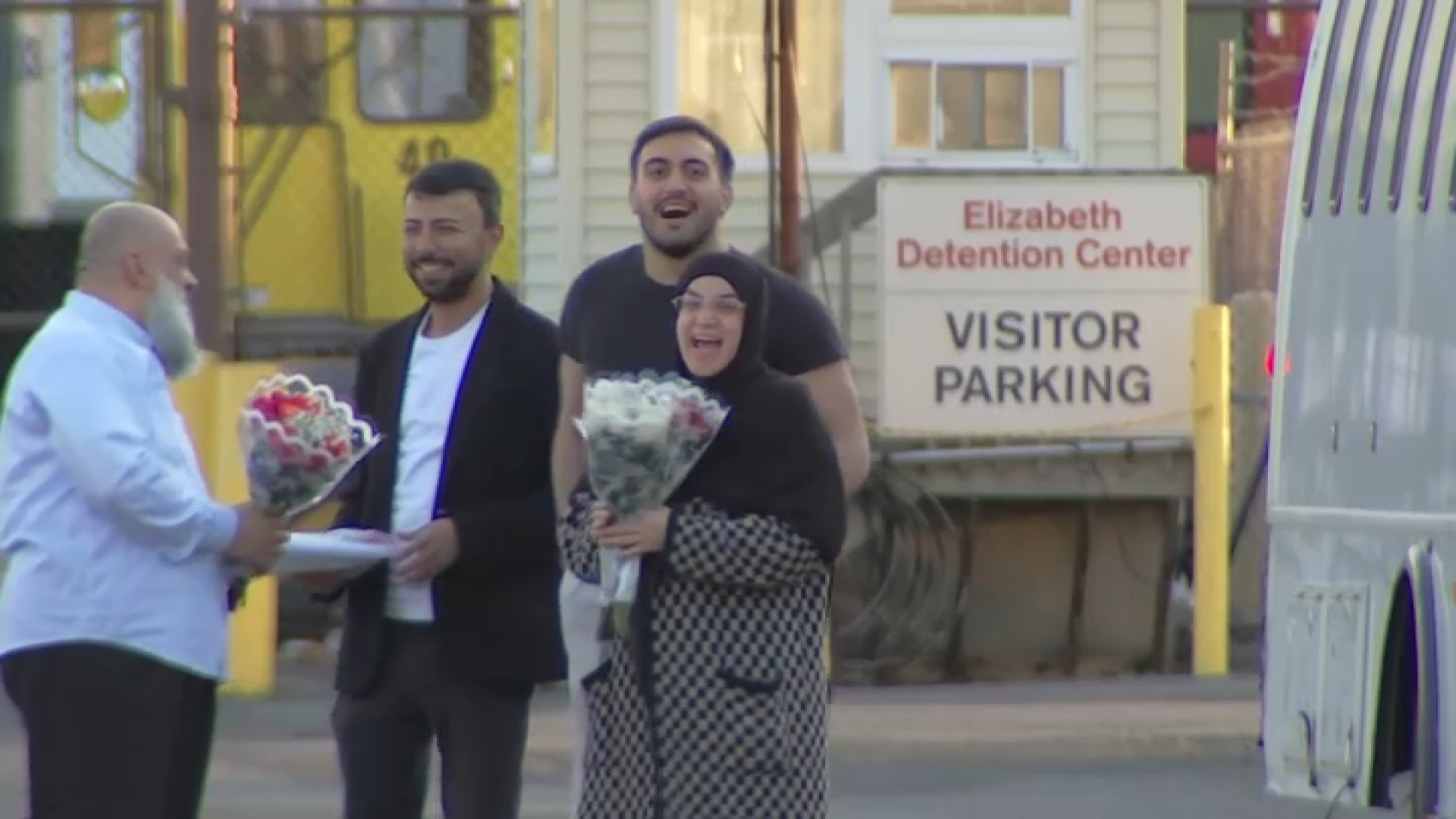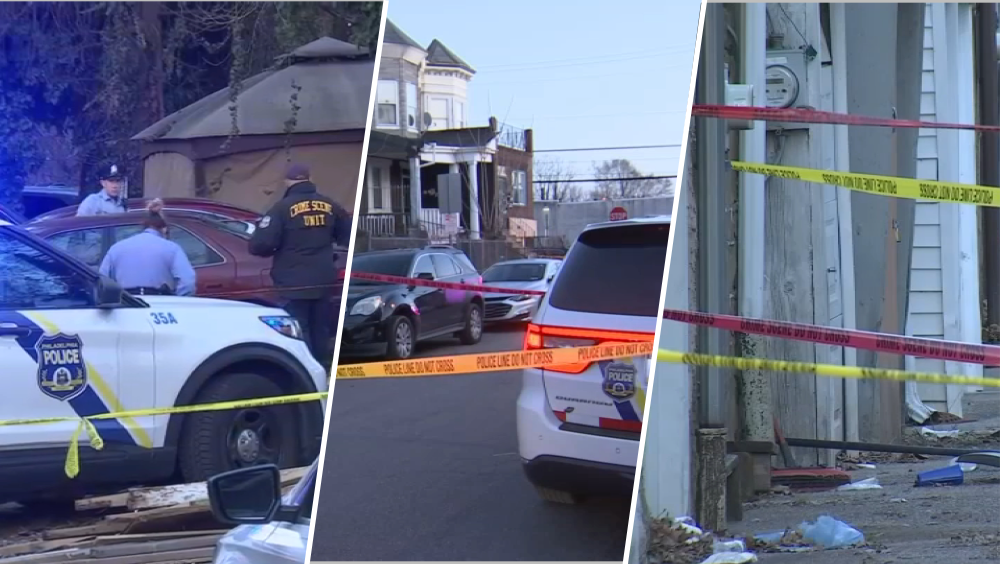Allegations of police abuse and misconduct cost Philadelphia taxpayers around $10 million a year. The figure sometimes creeps even higher, as in 2014 when the city shelled out $14 million to settle abuse claims, according city records.
Since 2011, officials have settled more than 200 cases alleging that the cops used excessive force, the most common complaint lodged against city police. The number of settled suits claiming that police falsely arrested someone exceeds 120 over the same period, records obtained by WHYY/NewsWorks show.
So far in 2015, city residents have filed 184 lawsuits against police, claiming their civil rights were violated in some way. Just four of those suits have been settled.
"Most cases of police misconduct are never filed. What's the cost there?" said Paul Hetznecker, an attorney who often represents litigants in suits against the city's police department.
"The loss of faith of a young man who says, or a young woman who says, 'I can't trust the police anymore.' What's the cost there? You can't put a number on that."
The annual payouts to victims and victims' families are not drawn from the police department's $600 million budget, but rather a city indemnity fund for legal settlements. All sorts of claims are paid for from this pot of money, from fender benders with city garbage trucks to pedestrians tripping over sidewalk cracks.
Local
Breaking news and the stories that matter to your neighborhood.
About a dozen attorneys sort through civil rights claims made mostly against police officers. City Solicitor Shelley Smith said most suits filed against cops are dismissed. But she argues the 150 or so the city agrees to settle every year are not necessarily indicative of an officer's wrongdoing.
"It simply means that we've made a cost-benefits determination. That settling the case is in the best interest of the taxpayers," Smith said.
At the end of every year, Smith sends a report to Police Commissioner Charles Ramsey highlighting patterns among the suits and recommending policy change. Or, as she put it, "Talk to them about ways to reduce civil liability exposure."
Whether the department follows the recommendations or not is contested.
To be sure, Smith said, in a city with more than 6,500 police officers, some regrettable interactions can't be prevented.
"They're not just running around just engaging in purely random activity. They are out fighting crime," Smith said. "And with fighting crime come encounters with citizens who are armed. And [police] are what stands between citizens and chaos."
Philadelphia fails to learn from mistakes
It's difficult to gauge whether Philadelphia's payouts are measurably higher or lower than similar cities. In short, there are no perfect comparisons.
An analysis by The Wall Street Journal found that New York City paid $601 million over five years, but it has five times as many police officers as Philadelphia. Houston has nearly the same number of sworn cops as Philly and settled $3.2 million worth of police misconduct cases, radically lower than Philadelphia's total, though Texas has strict caps on how much can be recovered through civil litigation.
Still, UCLA law professor Joanna Schwartz said considering any figure in the millions of dollars in settlement payouts as the norm is troubling.
"It's a mistake for a government to say because there's a large number of officers in a jurisdiction, there's no way to prevent harms from occurring," Schwartz said. "There's a lot that can be learned form lawsuit information."
In 2010, Schwartz examined the extent to which police departments gather and analyze information from lawsuits brought against them and whether departments draw policy lessons, or shake up personnel, based on trends that emerge from suits.
"Philadelphia was one of the jurisdictions I found in which there was no effort that I could discern by the police, or the law department, to gather an analyze information from lawsuits for lessons that might reduce the future potential for similar future harms to occur," she said.
That wasn't the case everywhere. In Los Angeles, for instance, two station houses in the city's sheriff's department were the target of most lawsuits. After the city shook up staffing, complaints dropped, according to Schwartz. What's more, the board of supervisors there now mandates that settlements exceeding $20,000 come with a corrective action plan from police officials.
"The volume of lawsuits can be seen as an indication of the strength and health of community-police relations," Schwartz said.
Mary Catherine Roper, deputy legal director at ACLU-PA, said not all suits are equal, noting that some are "quite meritorious," while others are "gold-digging," and it's often hard to tell which is which right away.
"But the real question to me is, 'Why are so many suits being filed? And what is going on that is drawing that kind of attention to our police?'" Roper said. "I'm sure the city would like to say plaintiffs' attorneys run amok. But at some point, that one may not hold up."
What the money can — and cannot — do
One of the largest sums the city has paid in recent years — $2.5 million — was awarded to the family of Jamil Moses, who was fatally shot by police three times after a car chase in 2011. He was in the passenger seat of the stolen vehicle, and police thought he was armed. It turned out that he had a criminal history, but he didn't have a gun on him at the time.
"I was home. I was getting ready to eat dinner. And my girlfriend had called me on the phone. She had indicated that she had just saw ... previews for the 4 o'clock news. And she had saw this car being shot up. At the time, I had no knowledge that it was my son," said Carolyn Moses, recalling the episode.
Moses, a retired corrections officer, learned the heart-wrenching news while she was talking on the phone to her daughter.
"We both were just screaming and hollering. I don't even remember hanging up the phone or anything, all I know is that I just dropped the phone and just started screaming, just started screaming. I just couldn't believe it," she said.
Moses, who said she knows that being a police officer is a tough job, said she thinks the vast majority of cops are decent people, But every time she sees an officer, she said, she's reminded of her son.
"And them shooting that car the way they did. I'm thinking that there was another way that they could've settled that or they could've handled it," she said. "I'll never get over that. Ever. Not ever."
Moses said she hasn't received a cent of the award, since it's tied up in escrow accounts and complicated by a separate legal dispute. But even when it is released, most of it will be given to Jamil Moses' three surviving children, she said.
Attorney Hetznecker said he doesn't anticipate cases like Moses' going away any time soon. He said there is some respite to be gained through suing the city.
"What I can ask for is money," he said, going over what he tells potential clients. "What I can do is put [police] through civil deposition, and you will see them cross-examined and questioned. And maybe that will bring some catharsis to you because they will be called to bear and answer to their misconduct."



